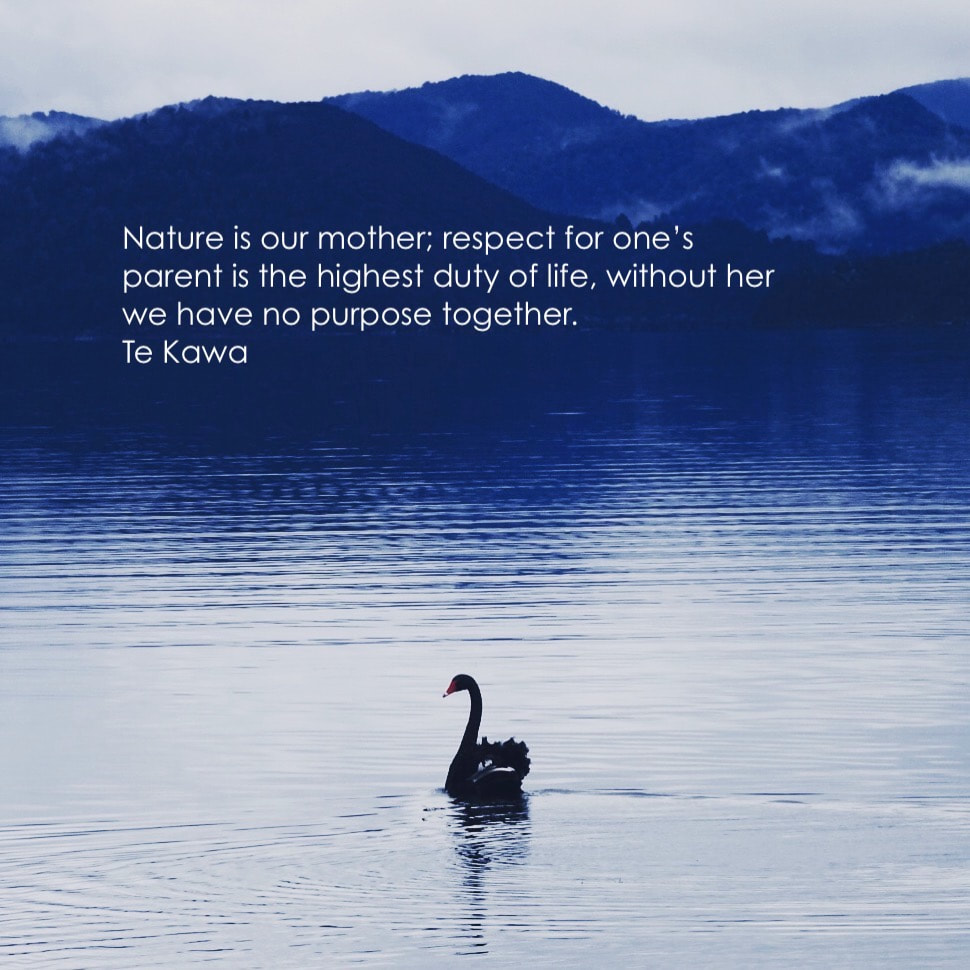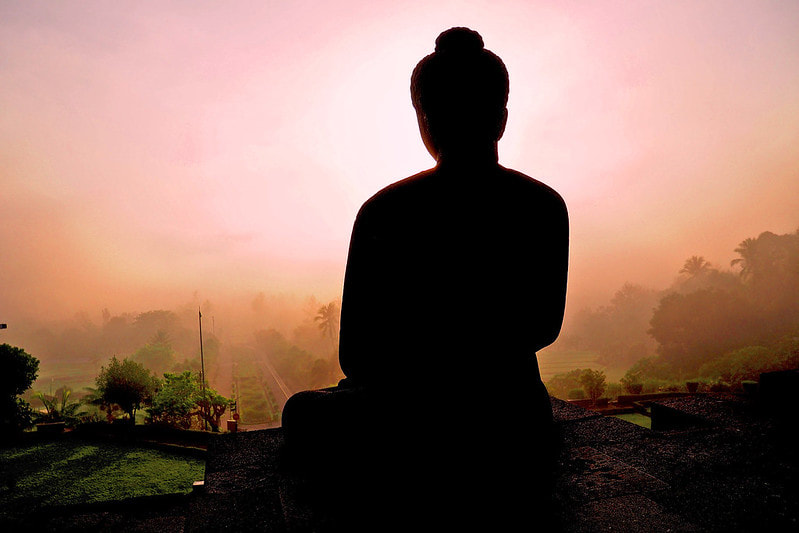I’m currently working for Tūhoe, one of New Zealand’s Maori iwi (tribe). Their ancestral home is Te Urewera in the eastern North Island, a place of magical natural beauty – from towering cliffs to fast flowing rivers and which includes the stunning Lake Waikaremoana. They are sometimes referred to as Nga Tamariki o te Kohu ("the children of the mist").
Their recent settlement with the Government included legislation which created legal personhood for Te Urewera. That sort of means that nobody owns the place, which now has all the rights of a legal person. Importantly for Tūhoe, the legislation enshrines the reconnection of Tūhoe people with Te Urewera.
Tūhoe people are, in my view, born conservationists. They believe the land is their mother and have declared war on the beliefs of humans that land should be thought of as property to be owned. “You wouldn’t treat your mother that way” is a common expression when faced with littering tourists. Their strategy is not about managing land – but managing people, for the benefit of the land.
Their recent settlement with the Government included legislation which created legal personhood for Te Urewera. That sort of means that nobody owns the place, which now has all the rights of a legal person. Importantly for Tūhoe, the legislation enshrines the reconnection of Tūhoe people with Te Urewera.
Tūhoe people are, in my view, born conservationists. They believe the land is their mother and have declared war on the beliefs of humans that land should be thought of as property to be owned. “You wouldn’t treat your mother that way” is a common expression when faced with littering tourists. Their strategy is not about managing land – but managing people, for the benefit of the land.
Buddhists believe in the concept of samsara – an endless cycle of birth, death and rebirth. Buddha taught that all living beings have, at some stage, been our mother in the past. And if we regard all living beings in that context, it becomes easy to develop feelings of love and compassion for them.
Compassion is a big thing for Buddhist people – the state of mind that wishes each being to be separated from suffering. Getting over our self-cherishing and learning to wholeheartedly cherish others is the basis of Gesh Kelsang Gyatso’s book “The New Eight Steps to Happiness”.
The book postulates that everyone wants to be happy and nobody wants to suffer – but understanding what is the real cause of happiness and suffering can be difficult. Turning from an external view of the world (where for instance possessions and our home might bring us temporary joy) to an internal view is key. Turning our self-centred minds into positive minds of unconditional love and compassion for others is a Buddhist ideal of happiness.
The concept of everyone being formerly your mother is therefore an important one, as it helps us manage our feelings of negativity, resentment or dislike to those we don’t seem to get on with. It’s easy to be compassionate to those you like – but to love your enemies is an important step towards real happiness.
Compassion is a big thing for Buddhist people – the state of mind that wishes each being to be separated from suffering. Getting over our self-cherishing and learning to wholeheartedly cherish others is the basis of Gesh Kelsang Gyatso’s book “The New Eight Steps to Happiness”.
The book postulates that everyone wants to be happy and nobody wants to suffer – but understanding what is the real cause of happiness and suffering can be difficult. Turning from an external view of the world (where for instance possessions and our home might bring us temporary joy) to an internal view is key. Turning our self-centred minds into positive minds of unconditional love and compassion for others is a Buddhist ideal of happiness.
The concept of everyone being formerly your mother is therefore an important one, as it helps us manage our feelings of negativity, resentment or dislike to those we don’t seem to get on with. It’s easy to be compassionate to those you like – but to love your enemies is an important step towards real happiness.


